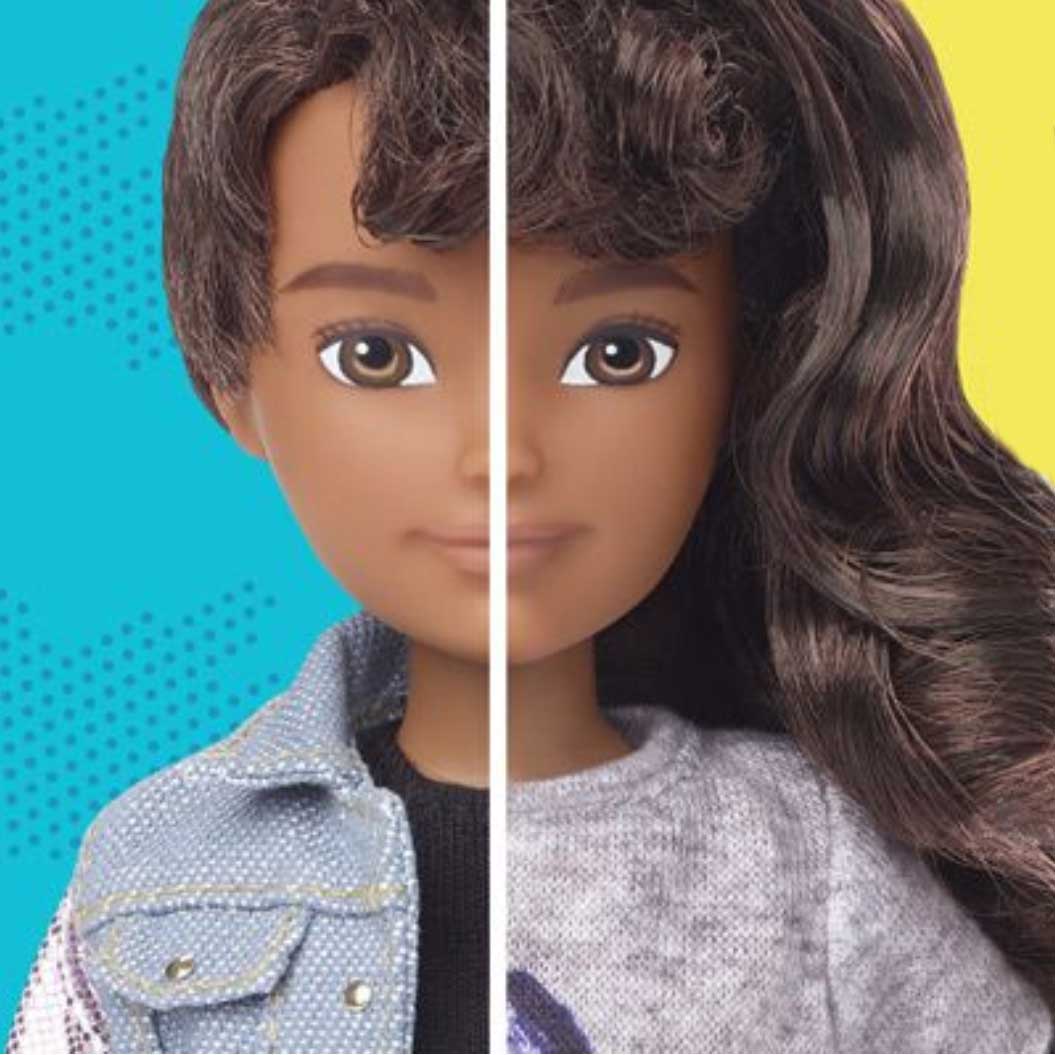I feel the first flutters of hope in nearly fourteen months, as the second vaccine courses through my blood, and daffodils and tulips stand up to the snow. Signs of life are in the air and I’ve found that inner energy that stole away and hid from me last spring. We can begin to make plans, fill our calendars, reunite with friends and family, and imagine the future again. But as we emerge from our unscheduled hibernation, I can’t help thinking of the grievers. According to the New York Times, one in three Americans has lost someone to the coronavirus. Somehow, I have not been one of those people. Probably because I had enough resources to stay home and stay safe. Maybe you did too. Or maybe my neighbor’s story is your story, or your neighbor’s story. Maybe you, or your neighbor, are grieving.
My great-grandmother Nana was 90 when she died. She had lived with Mimi, just a few miles away from us most of my eleven years. I would sure miss her… she used to give me pieces of costume jewelry from her vast collection, offered cake whenever we visited, and sometimes hosted sleepovers in her room that had two big brass beds with lacy spreads. I grieved in the fickle way of a child whose attention ebbs and flows, and who doesn’t quite understand the permanency of death.
So when we got out of the car at the gravesite, and I spotted my favorite Aunt (who lived out-of-state) I hollered over to her. She had recently snapped her Achilles tendon and was on crutches. I guess I’d heard my mom tease her with the nickname Gimpy, and figured I could use it too. “Hey Gimpy” I yelled laughing before somebody shushed me. I’ll never forget how embarrassed I was when I realized my mistake. To me, Nana’s funeral was an unexpected opportunity to see my favorite aunt. It didn’t mean I wasn’t sad that nana was gone, it just meant I was happy Auntie A was there.
The first time I remember actually considering how grief must feel was the following New Year’s weekend. Mom and Dad were at the shore; my brother and I were home with a sitter. I was bored and hoping someone would call with something to do, so when the phone rang, I grabbed it. But it wasn’t my friend, it was my mom’s. She seemed agitated when she asked for mom, and when I said she was away she told me “Karin Siki jumped in front of a train yesterday”.
Mr. and Mrs. Siki lived around the corner. My parents had befriended them after they’d emigrated from Turkey several years before. There were two boys around my age. I thought about them and about their father, and tried to imagine how sad they must be. But I probably spent more time thinking about the mom, wondering what would push someone like her to do something like that…something that seemed so appalling.
My mom was more appalled that her friend had shared this tragic story with me. Even though I couldn’t get the image of the train out of my head, I bridled at her wishing to hide it from me. We took a meal to the family’s house the next week. When I saw Mr. Siki, I realized I’d never seen a man cry before; his face was wet, red, crumpled, bereft. There was so much sorrow in his face it spilled onto me and I can still remember the way it felt when it seeped in…
The few times my mother mentioned this tragedy, I sensed ire more than sadness. I guessed it was anger at her friend for spreading the news in that way. But a couple of years later I realized it was the act of suicide that was her trigger. And this time she was the one to tell me the story. A friend’s 16-year-old son had killed himself in his family’s garage. My mom raged about his selfishness. Hearing her berate this dead teenager was a shock that stayed with me. Maybe it kept me from ever considering that option. But the idea that suicide was selfish never really stuck. In fact, the more I thought about it, the more I wondered about that kind of pain.
I was flattened 19 years later when one of my closest friends took her own life in a closed garage. I was sad, worried, exhausted, and stunned. I felt bewildered and guilty; I wasn’t angry. I was scared. After all, anger is often just misplaced fear. I was scared for her boys, and their dad, and her brother, and all of us, her friends just typical moms of preschoolers, Junior League volunteers. Many women were a lot like her, trying to do their best on a daily basis for their kids, and spouses, siblings, and parents, and friends, and neighbors. All of us were just trying to do our best. While most of us probably couldn’t fathom the depth of the darkness, it could just have easily been one of us who fell into the well. In fact, grief can seem like a bottomless well too.
This morning I listened to an episode of Grief Out Loud, a podcast I follow. The host was talking with Adam Monsbach, author of the hilarious book “Go The F**k to Sleep”, which was published just a few weeks before his brother’s death from suicide in 2011. Adam’s new book, I Had A Brother Once was released this week. I’ve only read portions of it so far, but it will resonate with anyone who has had a sibling, or lost a loved one to suicide. One of the things that he said is that his brother kept his depression a secret. My friend had kept her pain a secret too. I wonder if Mrs. Siki, and my friend’s brother ever told anyone they were hurting. Or if they told someone and were dismissed.
Americans don’t like to talk about pain. Or suicide. Or substance abuse. Or grief. There is a cultural resistance to accepting pain in others or admitting pain in ourselves. But pain can only be soothed if we know or share where it hurts. Knowing someone cares about us and about our pain can help enormously.
I was moved by so many of Adam’s observations I had to go back and listen again. Below are some of his reflections on suicide.
- It’s like a con movie when the ending and revelation of subterfuge ripples back throughout the movie, until you realize nothing is what you thought it was.
- The story of how they died takes over the story of how they lived.
- It dislocates the memories you have and has the ability to sap energy out of what you do remember.
- You have to hold a paradox in your mind “ he was planning to live and he was planning to die at the same time.”
- The mind of a depressed person, a suicidal person can embrace a future in which they’re alive and which they’re dead at the same time.
And then these:
- There is no shame in depression, despite all the secrecy around it.
- The fragility of life means we need to keep the lines of communication open, in both directions.
May we remember people are grieving, there is no shame in pain, and life is fragile… we need the comfort of each other. Let’s be the comfort.





